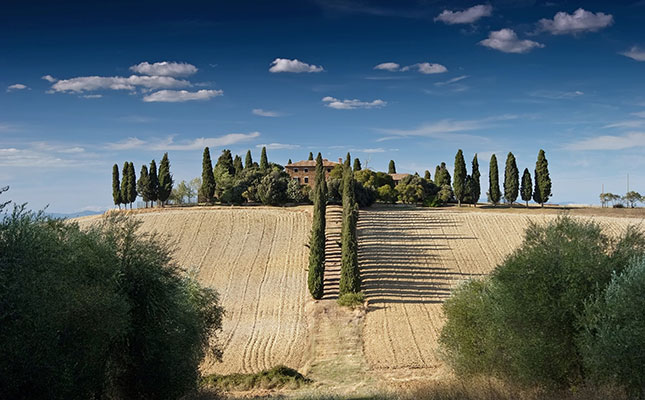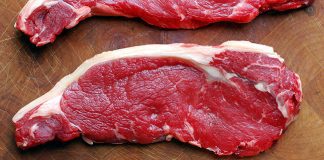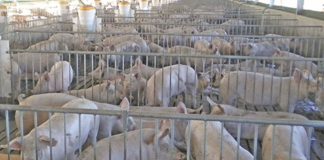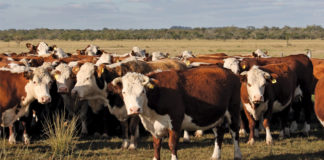
Photo: FW Archive
Addressing Coldiretti, one of the main farmers’ associations, Giorgia Meloni who is expected to be Italy’s new prime minister, said that when it came to agriculture, her future government would have “several things that need to be done” on three major issues: sustainability, safeguarding food quality, and promoting food sovereignty.
Traditionally, Italian politicians had taken a strong stance against EU labelling regulations, which they considered to be detrimental to the country’s food products, according to a report on the EURACTIV.com website, which tracks policy and other government affairs.
Meloni stressed that her government would keep pursuing a “very strong” agenda “against traffic-light labelling and everything that harms products of excellence”.
Food sovereignty, a term coined in the 1990s, was now a concept being widely endorsed at EU level. “At its core, food sovereignty is centred on local, sustainable food economies. The idea is to place the power back into the hands of the people who produce, distribute, and consume food, rather than corporations and market institutions,” the report said.
“I am absolutely convinced that the issue of sovereignty is the central theme which the agri-food supply chain will face [in the future]”, Meloni said, adding that both Italy and the EU had to be involved in “a pragmatic and serious approach to the issue of global supply chains”.
The right-wing coalition was also expected to follow an agenda that did not undermine agricultural productivity in a bid to enhance environmental protection and pursue the objectives of the EU’s Green Deal agenda.
Stressing that environmental sustainability should go hand-in-hand with social and economic sustainability she said: “We want to defend the environment but with the human being inside the environment”.
Also speaking at the event, former European Parliament president Antonio Tajani, who was expected to play an important role in the new government, representing coalition member Forza Italia, concurred, saying the coalition had “an alternative vision to that of the European Commission’s vice-president, Frans Timmerman who had been tasked with delivering the EU’s Green Deal.
Commenting on the EU’s Common Agricultural Policy, the EU’s farming subsidies programme, Tajani said it had been written before the global food price crisis that had resulted from the Russia-Ukraine conflict.
However, as CAP would enter into force on 1 January 2023 and would be in place for the next five years, preparations for the new programme were already at an advanced stage, therefore revisions were not possible at this stage, he said.












